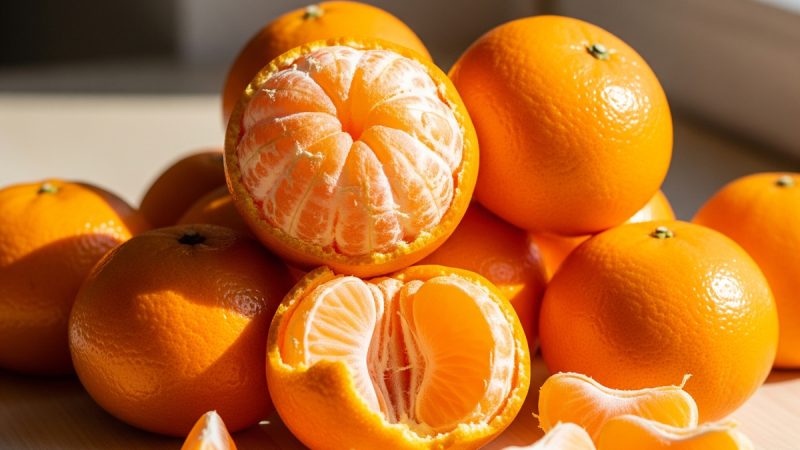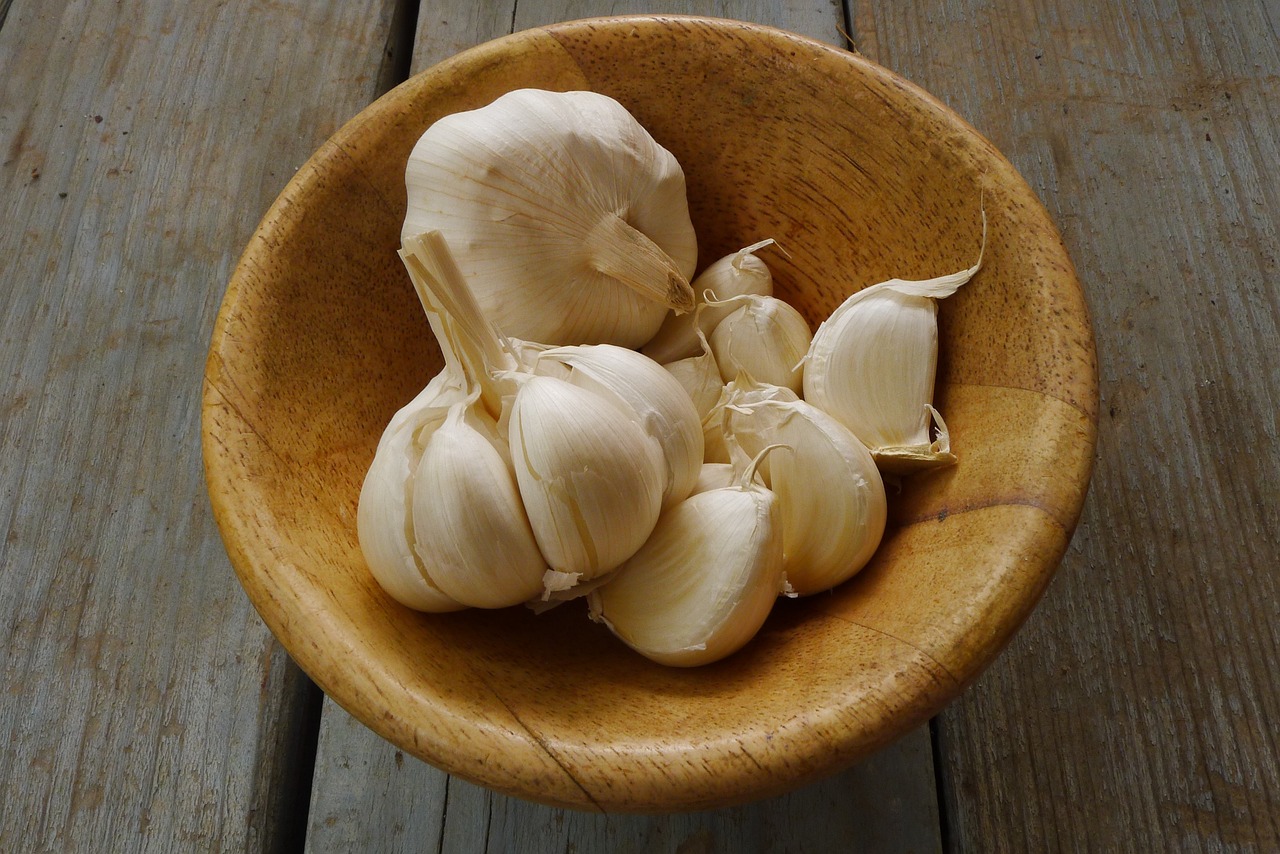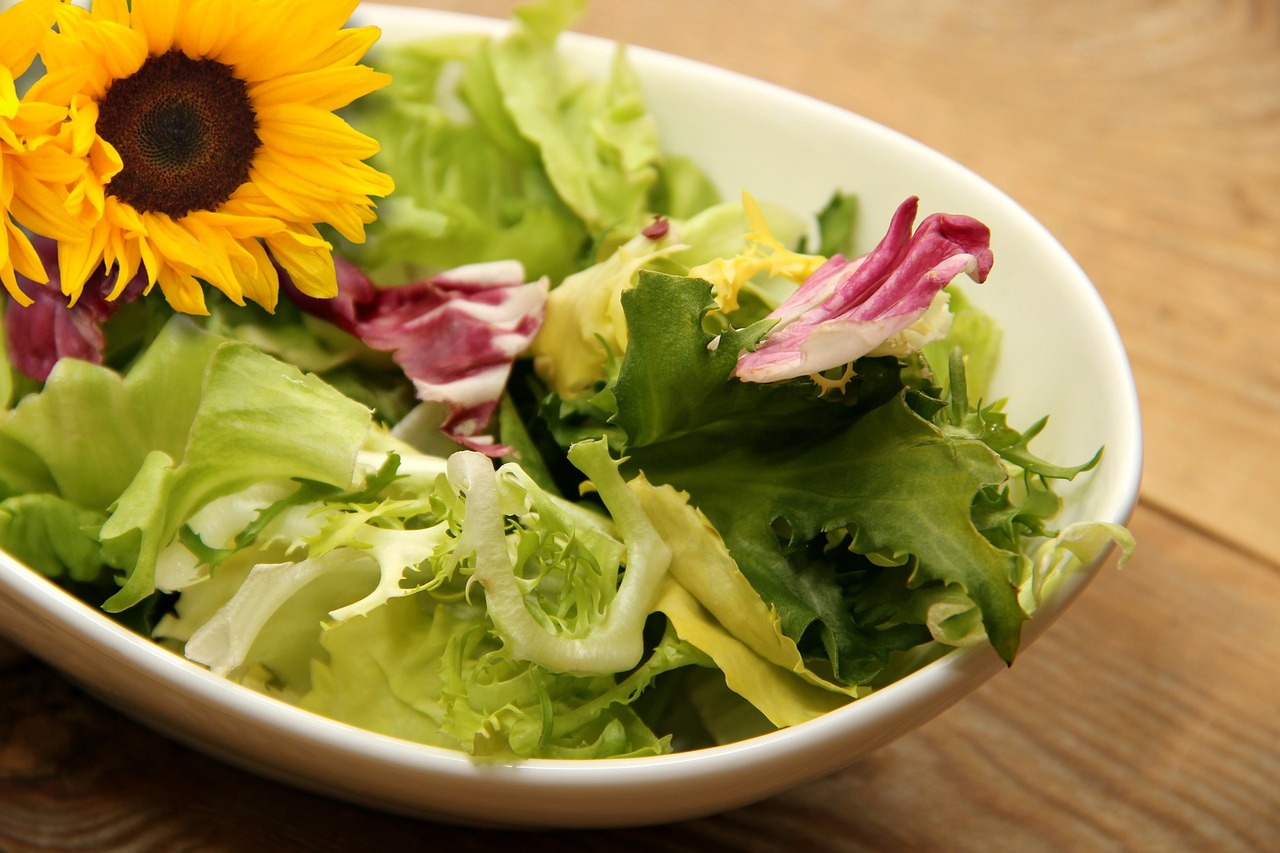Are There Antioxidant Compounds in Cocoa and Chocolate Milk?

Q: We hear so much about antioxidant compounds in chocolate. What about cocoa and chocolate milk?
A: Chocolate’s flavonoid compounds are under study not only as antioxidants, but also for other health-protective effects like reducing inflammation and lowering blood pressure. Chocolate and cocoa-related products have highly variable flavonoid content and cocoa content on labels can be tricky to decipher. Cocoa powder is made up of cocoa bean solids – which hold the flavonoid compounds – and cocoa butter. One to two tablespoons of natural cocoa powder provide about the same amount of flavonoids as half an ounce of dark chocolate, which is the amount that studies suggest offer health benefits. However, most widely available cocoa mixes contain cocoa treated with alkali (called Dutch cocoa), which removes most of the flavonoid compounds. Chocolate milk is made with Dutch cocoa, because it mixes with cold liquids better; but that means chocolate milk is not a source of these potentially protective flavonoids. You may find some gourmet cocoa mixes made with natural (untreated) cocoa, and you can make a more flavonoid-rich drink using natural cocoa plus your own sweetener and milk. Overall, dark chocolate, which can run from 50 to 90 percent cocoa, is higher in flavonoids and has a more intense flavor than milk chocolate, although milk chocolate does provide some flavonoids, too. White chocolate contains no cocoa bean solids and therefore is not a source of flavonoids. You may see white chocolate labels stating a percent cocoa (or cacao) content, but this is all present in the form of cocoa butter, which does not contain flavonoids.
The Author:
Karen Collins, MS, RD, CDN – American Institute for Cancer Research
The American Institute for Cancer Research (AICR) is the cancer charity that fosters research on the relationship of nutrition, physical activity and weight management to cancer risk, interprets the scientific literature and educates the public about the results. It has contributed more than $96 million for innovative research conducted at universities, hospitals and research centers across the country. AICR has published two landmark reports that interpret the accumulated research in the field, and is committed to a process of continuous review. AICR also provides a wide range of educational programs to help millions of Americans learn to make dietary changes for lower cancer risk. Its award-winning New American Plate program is presented in brochures, seminars and on its website, www.aicr.org. AICR is a member of the World Cancer Research Fund International.








